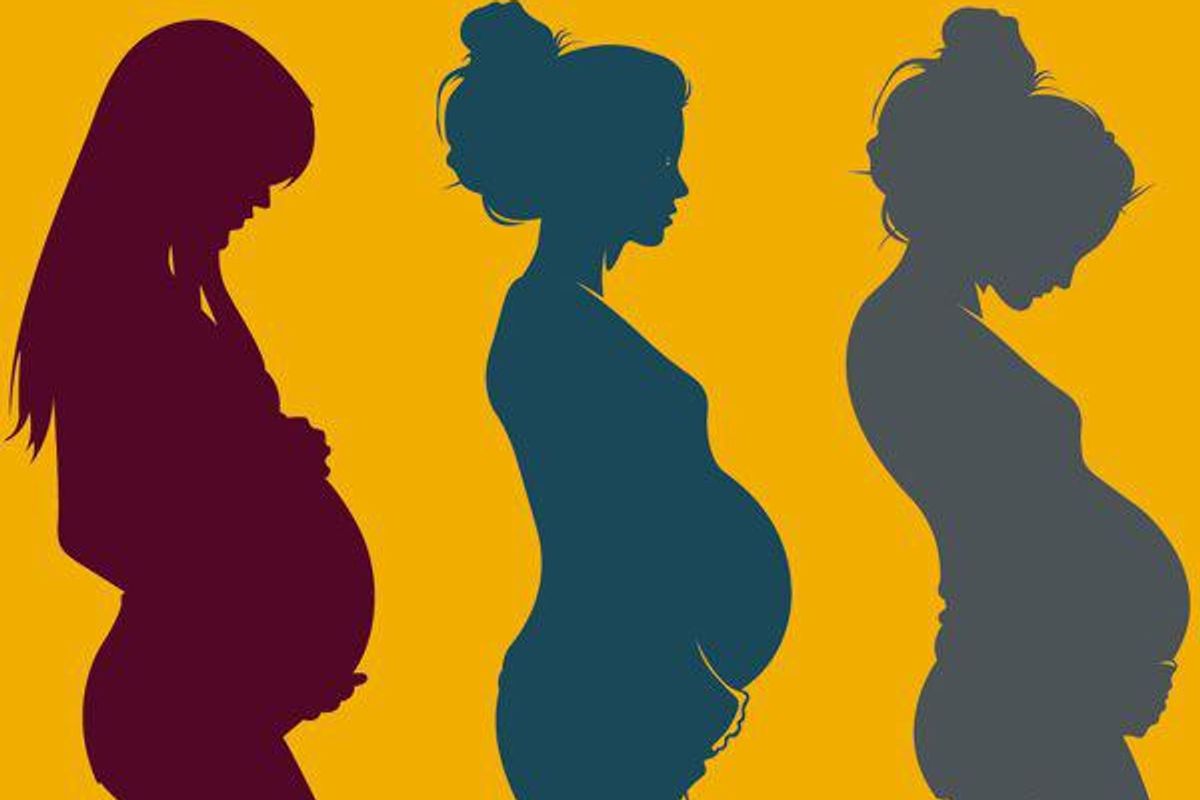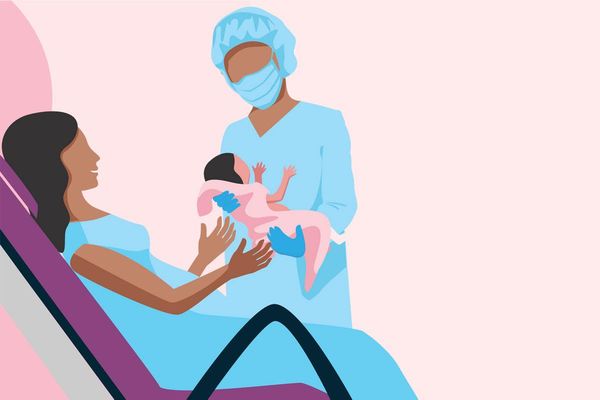Although vaginal bleeding can signal miscarriage, this is not usually the case after the first trimester. Bleeding in the later stages of pregnancy is more likely related to vaginal or cervical inflammation, which is treatable and poses no risk.
However, any vaginal bleeding in the second half of pregnancy deserves medical attention. If you experience light bleeding that goes away within a few hours, you should call your doctor the same day. If bleeding lasts longer than a few hours or is accompanied by abdominal pain, cramping, fever, chills or contractions, contact your health care provider immediately.
In addition to inflammation, unexplained bleeding can signal a risk for preterm birth or, less commonly, a problem with the placenta.
If bleeding occurs close to your due date, you may be going into labor a few days earlier than you expected. A normal sign of impending labor during the final weeks of pregnancy is the bloody show. This is a thick or stringy discharge that can be tinged with blood. In addition, you may feel pelvic or lower abdominal pressure, low dull backache, stomach cramps and uterine tightening. This is normal and is not a problem if it occurs within three weeks of your due date.
If it occurs sooner than that, it may be a sign of preterm labor, and you should contact your health care provider immediately. About 10 percent of births are considered preterm.
Another cause of light bleeding may be an inflamed cervix or growths on the cervix, which can be treated with medication. Sometimes sex causes the cervix to bleed. This slight bleeding usually stops on its own.
Heavy bleeding may signal a problem with the placenta, either placental abruption or placenta previa.
Placental abruption is when the placenta—the organ that connects the developing fetus to the uterine wall to allow your baby to receive nutrients—detaches from the uterine wall before or during labor. This occurs during the last 12 weeks of pregnancy and causes vaginal bleeding and stomach pain. If the placenta detaches, the baby gets less oxygen, so quick action is needed. Placental abruption only occurs in 1 percent of pregnancies, so consider talking to your health care provider to determine if you have any risk factors.
Placenta previa is when the placenta lies low in the uterus and either partially or completely covers the cervix. The main symptom is heavy bleeding, often without pain. This condition requires immediate care from a health care professional.
Vaginal bleeding may occur without any associated pain, so if you experience any bleeding in the latter half of your pregnancy, don't hesitate to call your health care professional.







